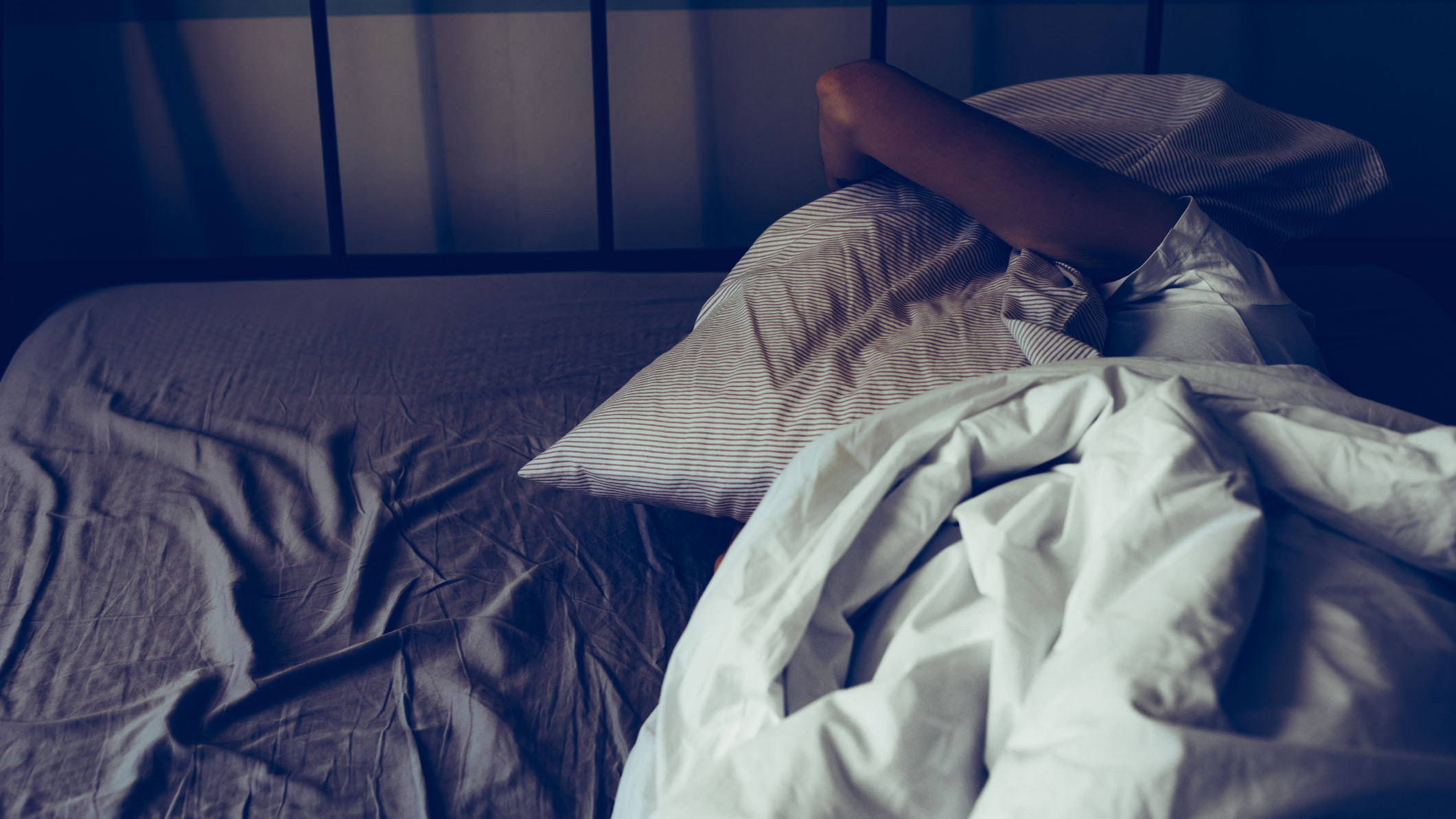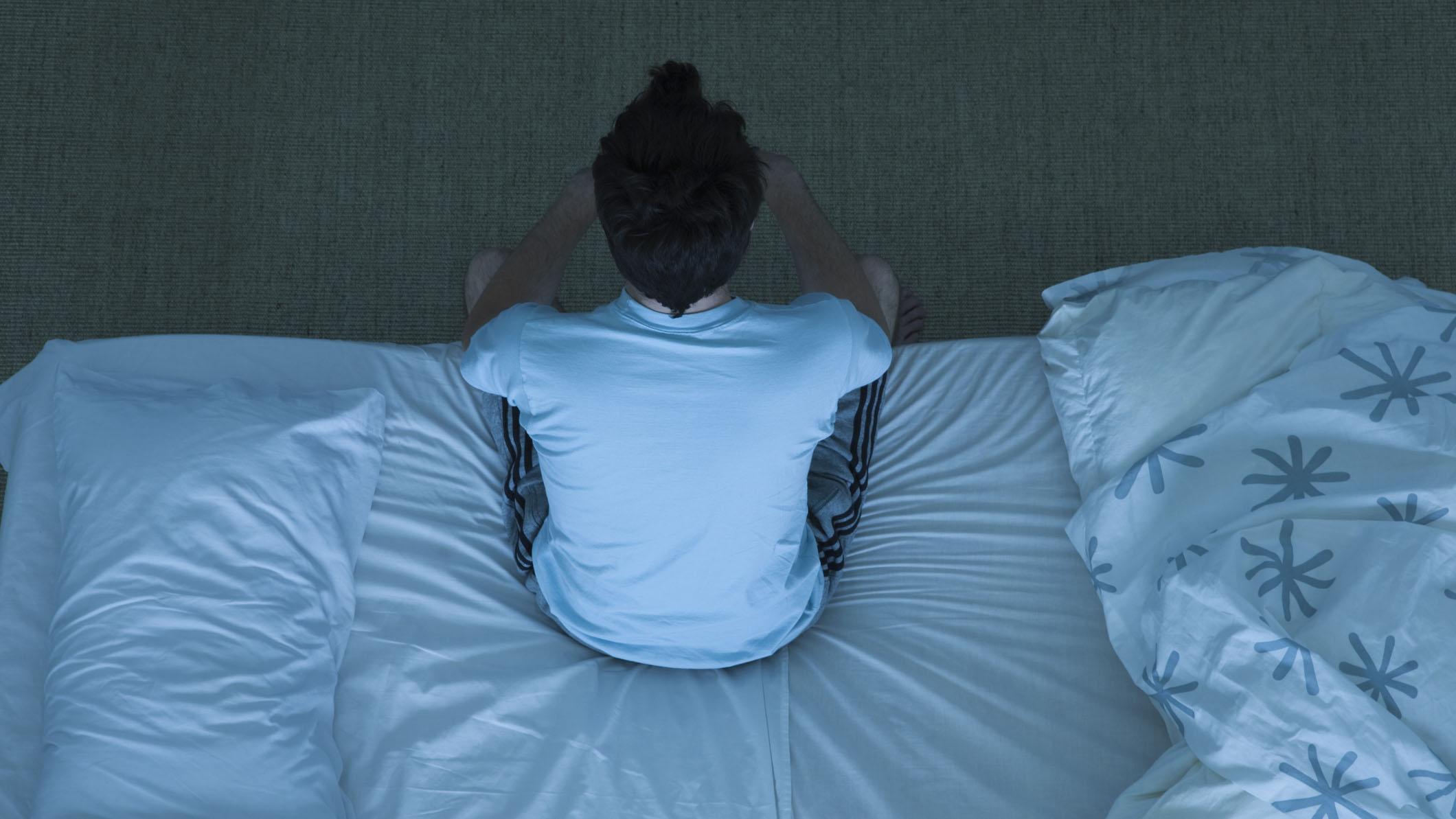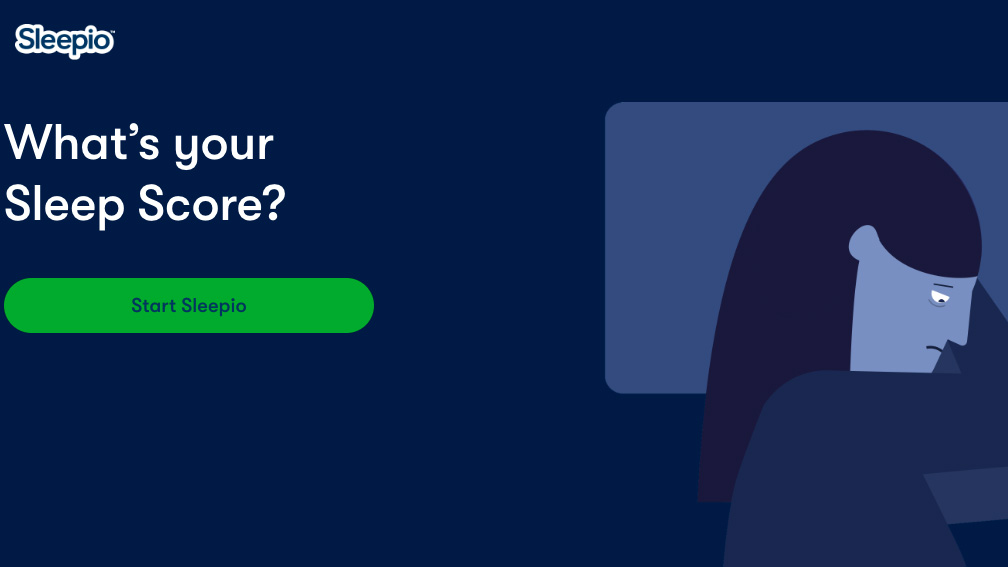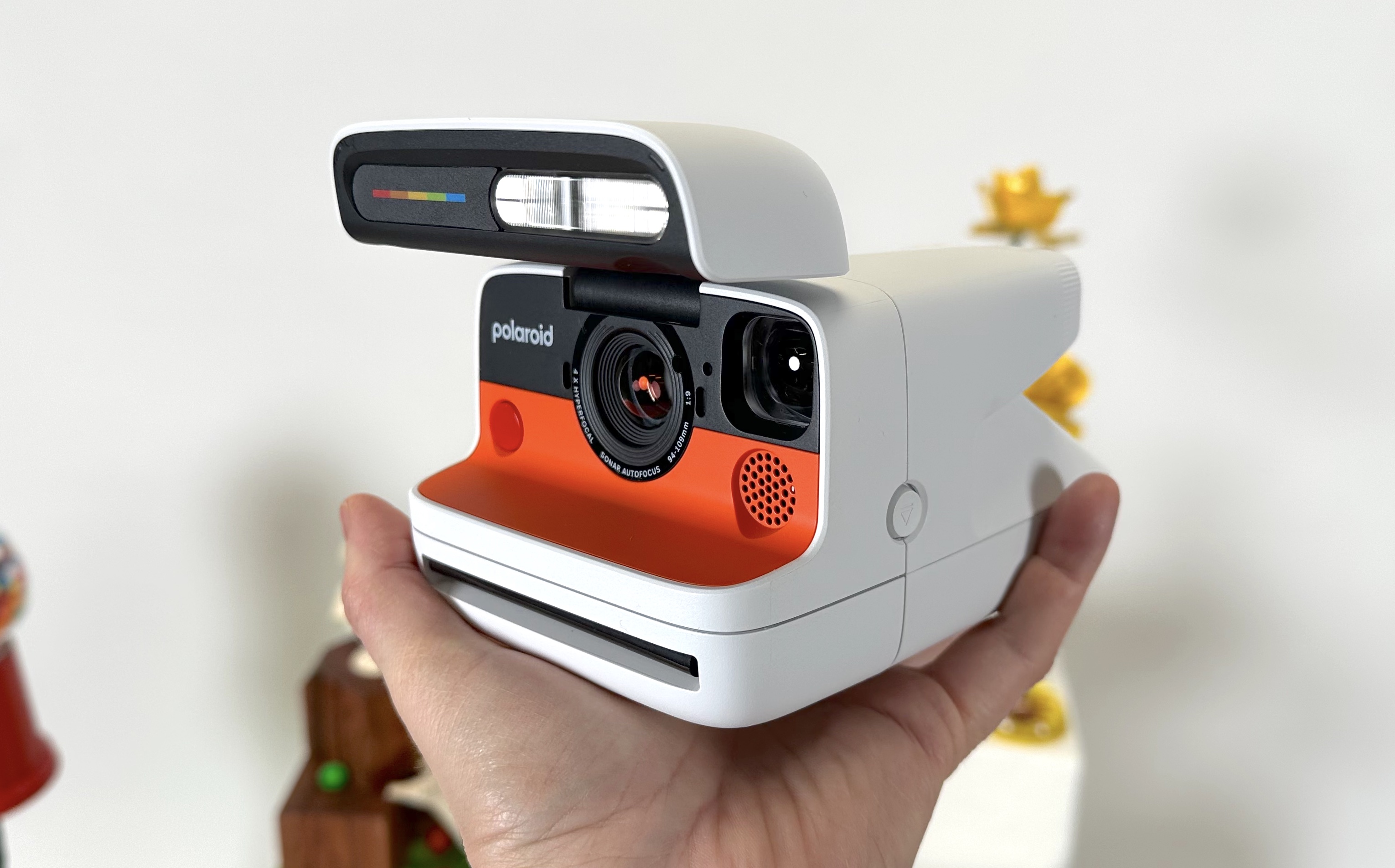The end of sleeping pills? Doctors to recommend this sleep app for insomnia
NICE guidance says Sleepio app is more effective than sleeping pills at treating insomnia

Insomnia is one of the most common and debilitating sleep issues in the world, and as of today hundreds of thousands of people who struggle to sleep at night will be offered a new form of treatment via sleep app Sleepio.
Following guidance from the National Institute for Health and Care Excellence (NICE), Sleepio is to be recommended as an alternative to some forms of sleep hygiene and sleeping pills.
According to the NICE press release: 'Clinical evidence presented to NICE’s medical technologies advisory committee from 12 randomised controlled trials showed that Sleepio is more effective at reducing insomnia than sleep hygiene and sleeping pills.'
According to NICE, up to 800,000 people with insomnia in England alone could benefit from using Sleepio
Sleepio, which normally costs £45, is a six-week online program based on cognitive and behavioural techniques. It can be accessed via web browser or app (iOS / Android) and uses an AI algorithm to provide users with custom CBT-I (cognitive behavioural therapy for insomnia) to treat their sleeplessness and thoughts around sleep.
Jeanette Kusel, acting director for MedTech and digital at NICE, said: “Until now people with insomnia have been offered sleeping pills and taught about sleep hygiene, so our committee’s recommendation of Sleepio provides GPs and their patients with a new treatment option.
“It will also reduce people with insomnia’s reliance on dependence forming drugs such as zolpidem and zopiclone."
Dr Sophie Bostock, The Sleep Scientist who spent five years working at Sleepio, tells Tom's Guide: "Cognitive Behavioural Therapy for Insomnia has been the recommended first line treatment for insomnia in clinical guidelines for years, but few people have been able to access it.
Sign up to get the BEST of Tom's Guide direct to your inbox.
Get instant access to breaking news, the hottest reviews, great deals and helpful tips.
"Sleepio has been proven to be safe and effective in the long term in randomised controlled trials in thousands of people. It has been accessible to patients across London and Thames Valley for years, but this announcement ends the postcode lottery. I'm delighted."

What is CBT-I and how does it treat insomnia?
CBT-I will be new to a lot of people, so we asked Dr Lindsay Browning, a published author and renowned sleep psychologist at Trouble Sleeping, to explain this form of insomnia treatment and why it works.
According to Dr Browning, “CBT-I is the recommended treatment for insomnia because it works by helping people to fix unhelpful behaviours which make their sleeping problem worse, and by improving negative thoughts and anxiety about not sleeping.
“It is an incredibly effective treatment, often more effective than sleeping pills and the results are sustainable over a long period.”
CBT-I is usually carried out one-to-one with a trained sleep therapist such as Dr Browning, but Sleepio will open up this treatment to more people struggling with insomnia. In this scenario, you’d be guided through the process via the app and accompanying videos created by Sleepio's sleep experts.

What is Sleepio and why is it recommended?
Sleepio was developed to improve poor sleep and insomnia in adults aged 18 years and older. It involves a six-week program comprising a sleep test, weekly custom CBT-I sessions, and a sleep diary that users need to keep throughout the course to track their progress. This can be done manually or via a compatible fitness tracker.
According to Dr Browning, “Sleepio is an online (app) version of CBT-I, which is now available through the NHS as it has been shown to be highly effective at treating insomnia for many people.”
“It enables CBT-I therapy to be given to the masses, rather than relying on sleeping pills or individual therapy which may involve a wait-list and be more expensive, which is fantastic.”
The NHS defines insomnia as follows: 'Insomnia means you regularly have problems sleeping. It usually gets better by changing your sleeping habits.' This is easier said than done for some, which is why a great sleep expert or a guided course of CBT-I can be highly effective.
The sessions vary in terms of content, but mostly focus on thoughts, feelings and behaviours that could contribute to insomnia symptoms. The aim is to improve how a person feels and thinks about sleep and to get them back into a healthy sleep routine.
Even though the course takes six weeks to complete, users will have access to it for a full year to go back over any techniques, tips and videos.
Sleepio can be accessed via your web browser and through iOS and Android devices. If you are struggling with insomnia, speak with your doctor to see what help, such as Sleepio, is appropriate for you.
Making your bedroom a calm and inviting place for sleep is also important, so make sure you are sleeping on the best mattress for your body type, and a comfy pillow too. Keeping your room cool, quiet and dark also helps and you can learn more about this in our feature on how to optimise your bedroom for better sleep.

Claire is a qualified journalist and Certified Sleep Science Coach with over 16 years’ product review experience, and who is connected to a wealth of globally renowned sleep experts including mattress designers and buyers, neuroscientists, and doctors of sleep medicine. Claire is responsible for all mattress and sleep content published on Tom’s Guide and is our expert on Saatva, DreamCloud, and Nectar mattresses. Claire is also certified to advise people on how to choose a mattress that suits their needs and budget, as well as helping them to create a nighttime routine and bedroom environment that helps them sleep better. As our Senior Sleep and Mattress Editor, Claire oversees our rigorous testing procedures for our mattress reviews, while leading our team of specialist reviewers and writers who report on all the latest sleep products.
